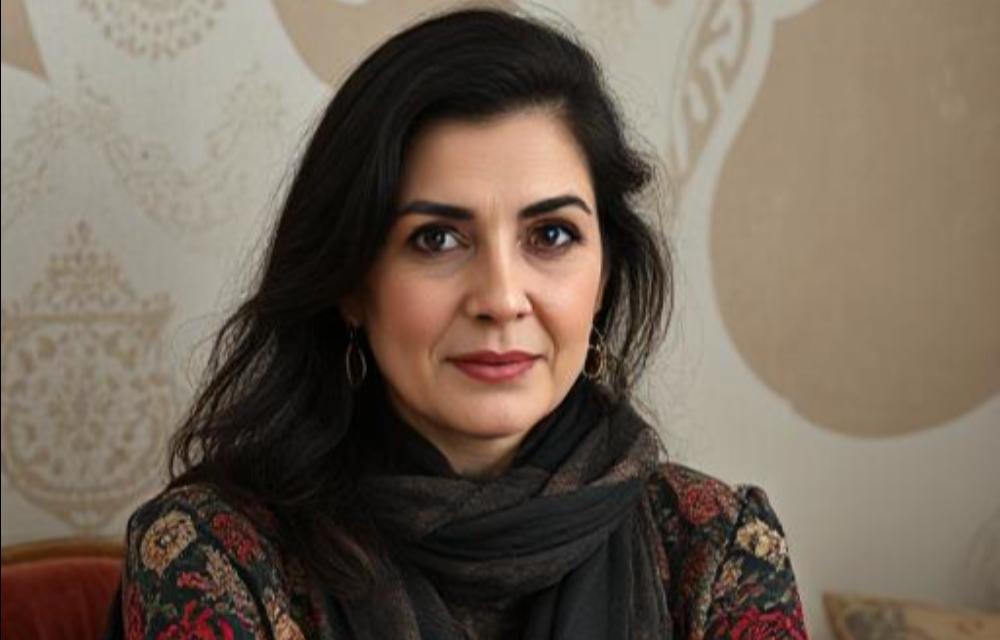
The Kurdish-led Syrian Democratic Forces (SDF) were the primary ground force that defeated ISIS in Syria, sacrificing thousands of lives to rid the region of the Islamic State's tyranny
Why Israel Should Support the Kurds in Rojava – Not the New Regime Led by Ahmad Sharh
In the ever-shifting geopolitics of the Middle East, few alliances carry the moral clarity and strategic logic as the potential support for the Kurdish administration in Rojava (northeast Syria). As Israel continues to navigate a hostile neighborhood and counter regional threats, aligning with the Kurds of Rojava is not only a strategic imperative but also a principled stance in favor of democracy, pluralism, and shared security interests.
At the same time, supporting any new regime under the leadership of figures with extremist ties, such as the recently emerging authority led by Ahmad Sharh—whose record includes known affiliations with terror-linked entities—would be a catastrophic misstep that contradicts Israel’s core values and long-term interests.
1. Shared Democratic Values and Pluralism in Rojava
The Kurdish-led Autonomous Administration of North and East Syria (AANES), commonly referred to as Rojava, has emerged as a unique political model in the region. Based on principles of democracy, gender equality, and ethnic inclusion, Rojava has built institutions that protect the rights of Arabs, Kurds, Assyrians, Yazidis, and other minorities. It is one of the few regions in the Middle East where women hold equal political and military power.
This pluralistic and secular model aligns more closely with Israel’s democratic ideals than any other group operating in Syria today. Supporting Rojava sends a strong message that Israel values true allies who stand for human rights, not just realpolitik.
2. A Reliable Bulwark Against Extremism
The Kurdish-led Syrian Democratic Forces (SDF) were the primary ground force that defeated ISIS in Syria, sacrificing thousands of lives to rid the region of the Islamic State's tyranny. Their fight against terrorism was not driven by foreign influence but by a local, grassroots commitment to protect civilians and uphold stability.
In contrast, Ahmad Sharh, whose sudden rise to power is backed by opaque networks and suspicious financial and logistical support, has a documented history of collaboration with extremist militias. His leadership threatens to reignite sectarian violence and roll back hard-won gains against jihadism. Supporting his regime would be a betrayal of the very fight Israel is engaged in across its borders.
3. Strategic Leverage Against Iran and Assad
Israel has clear interests in containing the influence of Iran and Hezbollah in Syria. The Assad regime—propped up by Iranian militias and Russian air power—remains hostile toward Israel and continues to provide corridors for Iranian weapons shipments to Hezbollah in Lebanon.
The Kurds in Rojava, while pragmatic in their dealings with Damascus, have consistently resisted full reintegration into the Assad regime and maintain a cautious distance from Iran’s regional agenda. Supporting the Kurds offers Israel a foothold in Syria without direct confrontation, weakening both Assad’s grip and Tehran’s expansionist ambitions.
Backing Ahmad Sharh, on the other hand, risks empowering pro-Iranian networks under the guise of a new regime, giving Iran further opportunities to entrench itself across the Syrian landscape.
4. Moral Leadership on the World Stage
Israel has long sought international recognition not only as a regional power but as a moral voice. Supporting a secular, inclusive, and democratic movement like the Kurds of Rojava would bolster Israel’s global image—especially at a time when Kurdish fighters and administrators are abandoned by global powers despite their sacrifices.
Turning a blind eye to a new regime led by someone like Ahmad Sharh—a figure widely seen as a war criminal and enabler of terrorist activities—would undermine Israel’s credibility and values. The Kurdish people remember who stood by them in their darkest moments. Building alliances with such communities strengthens Israel’s soft power and moral standing across the globe.
Conclusion: Choose the Right Side of History
The Middle East does not suffer from a lack of regimes or strongmen—it suffers from a lack of trustworthy, rights-respecting partners. The Kurdish administration in Rojava represents a rare opportunity for Israel to form a strategic and ethical alliance with a group that has proven its resilience, its commitment to peace, and its alignment with democratic values.
Ahmad Sharh’s regime offers none of these. Backing him would not only tarnish Israel’s moral clarity but also risk enabling the very forces that threaten regional and Israeli security.
Israel must stand with Rojava—not with terrorists cloaked in political suits.